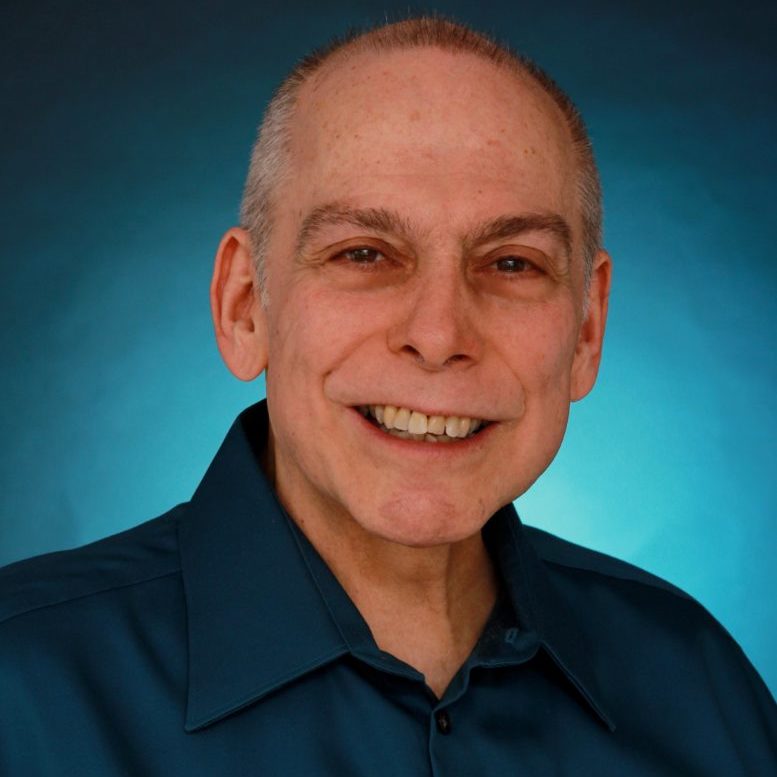The Best Time to Start Your Recovery
Many people wonder when it is the best time to start their recovery. The best time to start is whenever you start and the sooner the better. It is not unusual for this decision to be hampered by ambivalence which is caused by the perceived benefit of continuing to maintain the addiction related behavior versus experiencing the obvious consequences.
People tend to connect starting a new behavior with a specific date or a particular occasion. For example, deciding to start January first as a new year’s resolution or after the Super Bowl. Individuals who use that approach could consider starting their recovery on Monday, March 20th which is the first day of Spring. The timing of this behavior change could be considered a “new beginning”. Although deciding to start your recovery is the initial step it is important to have a plan that will help you get started and maintain the momentum during your recovery journey.
After determining your start date it would be helpful to identify the source(s) of support to help you maintain your intention. Some examples include family, friends, colleagues, 12-Step Meetings, Smart Recovery Meetings, therapists and your Higher Power. Identifying your relapse triggers as well as having a relapse prevention plan is another important component to have to give you the best chance to continue your recovery.
Besides having a start date, an available source of support and a relapse prevention plan managing your thoughts would make a valuable contribution to your recovery journey. Your behaviors follow your thoughts. For example, if you start to focus on ideas and/or emotions that can contribute to a relapse it could become difficult for you to resist the urge to consume alcohol, use drugs or engage in your usual addictive behavior (e.g., gambling, watching pornography).
Having the conviction to begin and maintain your recovery journey that is reinforced by having the support and plan that complements it will give you the best chance of achieving your recovery goal. If you believe in yourself, take care of yourself and acknowledge your daily progress your chances of maintaining that momentum will be greatly improved. I believe in your ability to have a rewarding and fulfilling recovery experience.
If you are having a difficult time believing in yourself believe in my belief! Having a positive attitude will help you choose to do whatever is necessary to be able to have the recovery experience you deserve.

Alan Simberg Ph.D.
Alan Simberg, Ph.D. has been trained as a Life Mastery Consultant through Mary Morrissey’s Life Mastery Institute. He is certified in Applied Clinical Nutrition and is also a certified NET (Neuro Emotional Technique) practitioner. This background in combination with his being trained and licensed as a Marriage and Family Therapist and Chemical Dependency Counselor and his 50 plus years of clinical experience have provided him with a wealth of knowledge and understanding.
